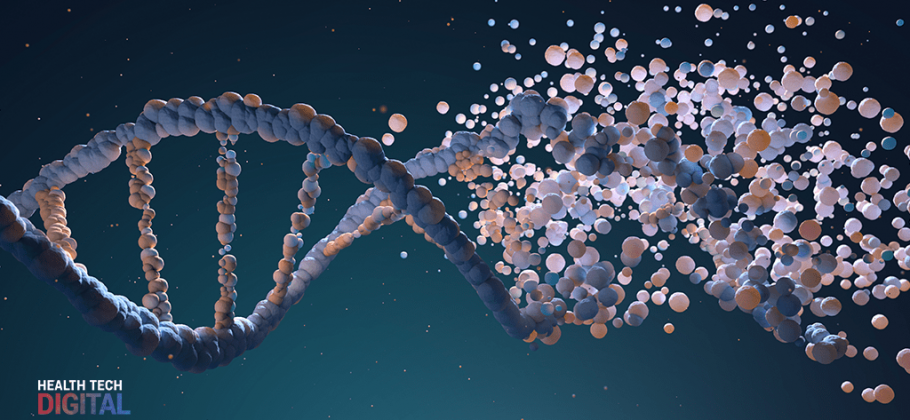Matt Hancock delivers a speech at the Royal Society discussing the ethical challenges surrounding DNA analysis.
In a speech delivered to the Royal Society, Matt Hancock celebrated the achievements of the 100,000 Genomes Project that can help families to get closer to a treatment option or cure. Furthermore, families can feel part of a community as their genetic data is helping others.
Matt Hancock then discussed taking part in a predictive polygenic risk test where he would be able to find out how likely he is to get 16 serious diseases and if he was at high risk for any. While the results showed he was in 3% of the population with the lowest genetic risk for heart disease, his results showed he was in the worst 20% for prostate cancer.
Consequently, after finding out this information, Matt Hancock booked a blood test and is now on full alert for any screening checks and any symptoms that are associated with prostate cancer.
However, the important aspect of this genomic testing is that it is focused on risk factors. A clinician can help individuals to make sense of the data and help to make screening more targeting and effective.
Genomics can also help with rare diseases too as it can also be a diagnostic test with certainty. As a result, genomics can have an immediate impact for a patient which can be life-changing.
However, with the benefits of genomics, it can also pose some ethical questions. During his speech, Matt Hancock addresses three areas concerning the ethical challenges.
- Roll out
Despite the huge amount of work sequencing genomes, there is still a data blockage. For example, not all cancers can be tested for, because data is locked away. In order to help more people, data must be accessible.
- Ethics
Rules need to be in place surrounding both diagnostic and predictive genomics. Furthermore, there needs to be established rules surrounding privacy and consent. There must be a policy for how and with whom data is shared.
- Operation
While sequencing is taking place, it is crucial to train doctors and nurses so that they can make sense of genetic data and the predictive tests available. They must also be able to explain it to patients in a way that makes sense.
As a result, it can help the NHS to save time and money. However, perhaps more importantly is that it can help people to have control over their physical and mental health by preparing them for news that could be life-changing.












